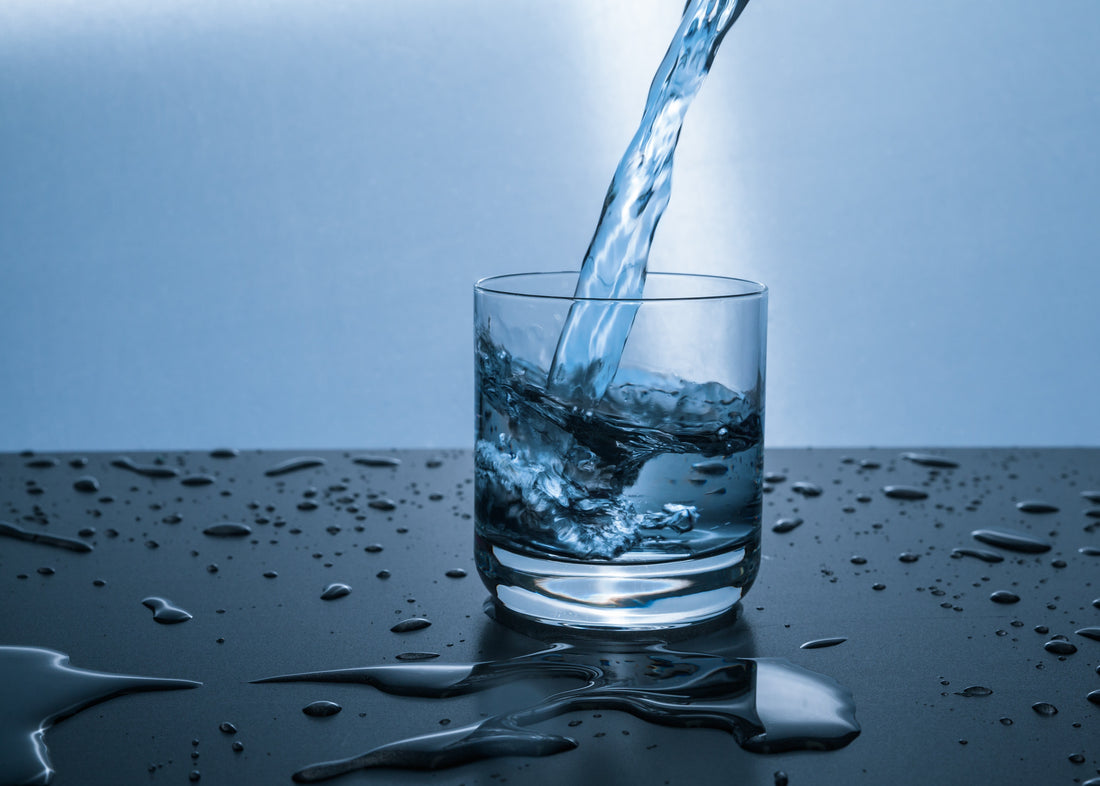Staying hydrated is crucial for maintaining optimal health and well-being. In fact, your body is 50% to 70% water, per the Mayo Clinic. Proper hydration helps regulate body temperature, facilitate digestion, transport nutrients, and support cognitive function.
But it’s estimated that approximately 75% of Americans are chronically dehydrated. And dehydration can lead to fatigue, dizziness, impaired concentration, and even more severe complications in extreme cases.
When you're on the go, hydration should be even more of a priority. Whether you're traveling or spending extended periods away from home, it's essential to ensure you're drinking enough water. Here’s your guide to staying hydrated while on the move.
How to Determine Your Daily Water Intake
So, how much water do you need to drink every day? There’s no one-size-fits-all answer. The recommended daily water intake varies depending on several factors, including age, weight, activity level, and climate.
The National Academies of Sciences, Engineering, and Medicine recommends an average daily intake of around 3.7 liters (125 ounces) for men and 2.7 liters (91 ounces) for women. Dr. Sebi recommended drinking a gallon of pure spring water daily to maintain optimal hydration and health. Water helps carry oxygen and nutrients to cells in the body. Proper hydration is vital for your health.
However, your individual requirements may differ. In hotter climates or during strenuous physical activity, your body loses more water through sweat. To compensate for increased fluid loss, it's essential to drink more water.
Drinking enough spring water is particularly important for maintaining proper hydration. Spring water is a natural source of hydration that is free from additives and chemicals often found in tap, purified, or filtered water.
It's rich in minerals that can replenish electrolytes and support various bodily functions. Additionally, the taste and freshness of spring water can be invigorating, making it a more enjoyable choice for staying hydrated.
One way to estimate your water needs is by monitoring the color of your urine. A pale yellow or clear color indicates good hydration, while darker urine suggests the need for more fluids, according to the Cleveland Clinic.
Tips for Staying Hydrated On-the-Go
- Carry a Reusable Water Bottle: Investing in a durable and eco-friendly reusable water bottle is a smart choice. Having a water bottle with you at all times encourages regular sips and makes it easier to track your water intake.
- Set Reminders: Use smartphone apps or set reminders to prompt you to drink water at regular intervals throughout the day.
- Opt for Water-Filled Fruits and Vegetables: Fill up on hydrating foods like zucchini, watermelon, cucumber, oranges, and strawberries. These fruits and vegetables contain high water content and can contribute to your daily hydration needs. (Tip: Blend them into a delicious, hydrating smoothie.)
- Avoid Excessive Caffeine and Alcohol: Caffeinated and alcoholic beverages have diuretic effects, which can increase fluid loss. Limit your intake of these drinks and balance them with an adequate amount of water.
- Stay Mindful of Airplane Travel: Airplane cabins have low humidity levels that can contribute to dehydration. Drink water before, during, and after your flight to counteract the drying effects of the cabin air.
How to Stay Hydrated Without Water
While water is the best and most convenient source of hydration, other beverages and foods can contribute to your overall fluid intake. Some alternatives to plain water include:
- Herbal Teas: Enjoy a cup of herbal tea, such as chamomile or raspberry, which can be hydrating and refreshing.
- Infused Water: Infusing water with fruits, herbs, or vegetables adds a burst of flavor and nutrients and encourages you to drink more.
- Coconut Water: This natural, electrolyte-rich beverage can be a refreshing and hydrating option, particularly in tropical climates.
- Broths and Soups: Sipping on warm broths or clear soups can provide both hydration and essential electrolytes and minerals.
- Dr. Sebi-Inspired Mocktails: Alkaline Mocktails are a great alternative to keep you hydrated. You can follow our recipes or create your own by following Dr. Sebi's Nutritional Guide.



















































1 comment
Thank you for the useful information!